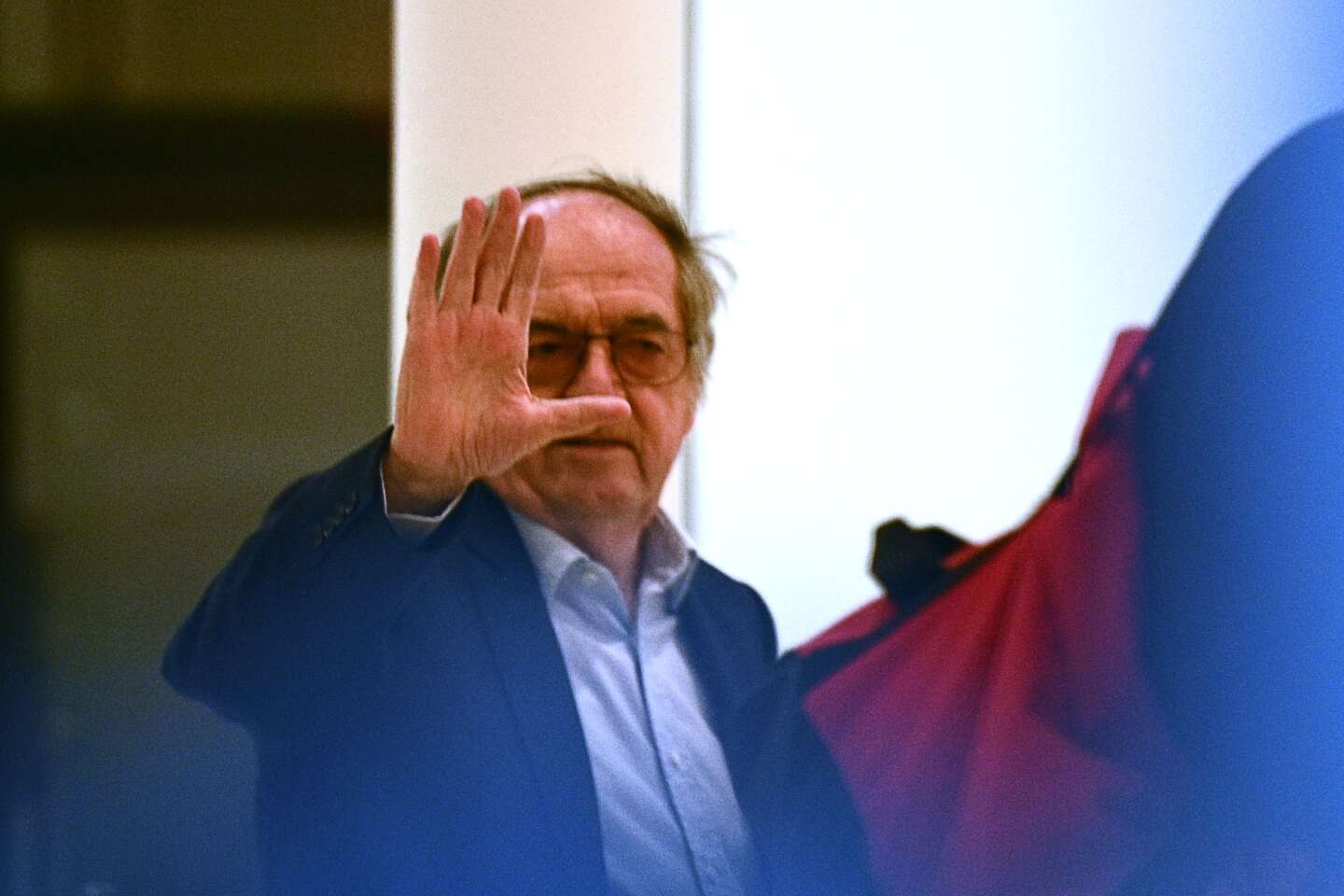Lhe French team sports teams collect international or Olympic titles and manage to stay at the top with exemplary regularity. This exemplarity is unfortunately not the prerogative of the federal authorities, which are responsible for some of these disciplines. Two of the most popular, football and rugby, find themselves at the heart of scandals which reveal questionable, even criminal, practices and behavior on the part of their leaders.
After years of impunity, Noël Le Graët, the president of the French Football Federation (FFF), accused of sexual harassment, was finally sanctioned by his executive committee. The body ended up demanding, Wednesday, January 11, its withdrawal, while the director general of the FFF, Florence Hardouin, suspected of authoritarian managerial methods, was laid off.
An audit launched by the Ministry of Sports should deliver its conclusions within a few weeks. But already elements have leaked with embarrassing revelations from collaborators of Mr. Le Graët. The crisis accelerated with two new missteps on his part: the renewal of the contract of the coach of the Blues, Didier Deschamps, announced in a cavalier way to his authorities, then the inappropriate remarks made vis-à-vis the national glory, Zinedine Zidane.
Ethical breaches
The situation at the French Rugby Federation (FFR) is no more enviable. Its president, Bernard Laporte, was given a two-year suspended prison sentence for having sealed a “corruption pact” with Mohed Altrad, owner of the Montpellier Hérault Rugby club and sponsor of the France team jersey. Since then, the former coach has also “stepped back”, but remains in a position to exert a certain influence, one of his relatives acting in the interim.
If, in terms of law, Bernard Laporte is not yet condemned definitively, his ethical breaches do not suffer from any ambiguity. Justice has highlighted his intervention with the FFR appeal committee to alleviate the sanctions that had been taken against the Montpellier club and this disqualifies him from continuing to play any role in the governing bodies. But it’s up to him the responsibility of choosing the name of the person who will have to replace him as deputy president, pending the appeal judgment.
These scandals show the limits of the governance of federations that operate in a clan-like manner. Those who should exercise a counter-power are often obligated to irremovable presidents. As for the ethics committees, their prerogatives are limited. The Ministry of Sports, which does not have the legal means to dismiss the president of a federation, played its part in these two cases, by putting all possible pressure on the leaders. But it was not until a court decision or an incredible succession of slippages that sanctions finally fell. And even. At this stage, the two presidents have still not been forced to resign.
While France is vice-world football champion and organizer of the 2023 Rugby World Cup, these bodies must adopt responsible governance and show themselves worthy of their licensees, who have the right to be so proud of the results of the national team than of those who represent them.


